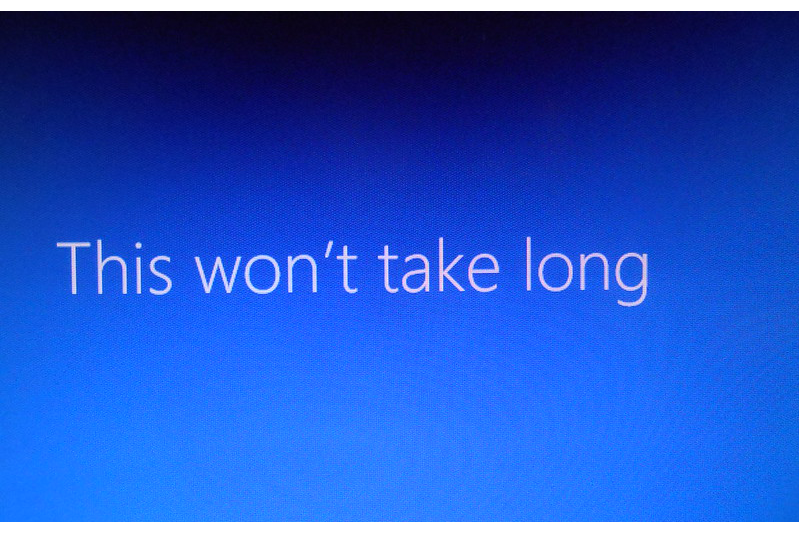Revised as of
9 Jan 2023
Such is my wont that I must explore these so easily confused words, for I want that your work should appear well and that it won’t frustrate your readers.
For such is the wont of too many writers to forget that apostrophe when contracting will not. I really want you to grasp that difference . . .
You may also want to explore “Wanton versus Wonton“.
Word Confusions . . .
. . . started as my way of dealing with a professional frustration with properly spelled words that were out of context in manuscripts I was editing as well as books I was reviewing. It evolved into a sharing of information with y’all. I’m hoping you’ll share with us words that have been a bête noir for you from either end.
If you found this post on “Want vs Won’t vs Wont” interesting, consider subscribing to KD Did It, if you’d like to track this post for future updates.
| Want | Won’t | Wont |
|---|---|---|

Uncle Sam I Want You poster by DonkeyHotey is under the CC BY 2.0 license, via Flickr. |

This Won’t Take Long by quapan is under the CC BY 2.0 license, via Flickr. |

Woman Sitting on Bed with a Cup of Coffee and Reading a Book by Nenad Stojkovic is under the CC BY 2.0 license, via Flickr. — As is her wont, she enjoys a cup of coffee as she reads. |
| Part of Grammar: | ||
| Noun; Verb, intransitive & transitive
Plural for the noun: wants Third person present verb: wants |
Contraction for will not
Verb, modal Third person present verb: will not |
Adjective; Noun; Verb, intransitive & transitive
Gerund: wonting Third person present verb: wonts, wont |
| Noun: A lack or deficiency of something
A desire for something Verb, intransitive:
[With infinitive; informal] Ought, should, or need to do something
[Literary] Lack or be short of something desirable or essential Verb, transitive:
[With infinitive; informal] Ought, should, or need to do something
[Archaic; chiefly used in expressions of time] Be short of or lack (a specified amount or thing) |
Expressing the negative in a future action
Expressing the future tense
Expressing inevitable events Expressing a request
Expressing facts about ability or capacity Expressing habitual behavior
Expressing probability or expectation about something in the present |
Habitual custom
Adjective: [With infinitive; literary; of a person] In the habit of doing something
Noun: Practice Habit Verb, intransitive: Verb, transitive:
[Usually used passively] To render (a thing) customary or usual |
| Examples: | ||
| Noun: There are so many Victorian houses which are in want of repair. For want of a better location we ate our picnic lunch in the cemetery. I can tell ya it won’t be through want of trying. True wealth is a freedom from want. Oh my word . . . that house truly is the expression of their wants and desires, isn’t it? Verb, intransitive: If anyone wants out, there’s the door. You shall want for nothing while you are with me. Verb, transitive: We want to go to the beach. She wanted me to go to her room. Tony wants me in the studio. He is wanted by the police in connection with an arms theft. I’ve wanted you since the first moment I saw you. You don’t want to believe everything you hear. The wheel wants greasing. It wanted twenty minutes to midnight. It wants a few minutes of five o’clock. |
You won’t regret it when you are older.
Sam won’t be doing any work this afternoon. Come what may, he won’t succeed. If we set up these safety procedures, accidents won’t happen. Won’t you stop here, please. Won’t you have a cognac? That broken glass won’t hold water. Your tank won’t hold 26 gallons. She won’t wake up for hours. He won’t be intruding anymore. They won’t be anywhere near by now. I had hoped you wouldn’t do that. |
Adjective: He was wont to arise at 5:30 every morning. She was wont to walk along the beach at sunset. He was wont to come early. Noun: It was her wont to walk three miles before breakfast. As is his wont, he enjoys a glass of scotch when he comes home of an evening. Verb, intransitive: Back in the day, college girls were wont to find a husband. He was wont to rise early. Verb, transitive: That summer wonted me to a lifetime of early rising. “She was wont to mention the length of Rebecca’s hair and add a word as to its remarkable evenness and lustre” (Wiggin). |
| Derivatives: | ||
| Noun: wanter | Adjective: wontless | |
| History of the Word: | ||
| Middle English with the noun from the Old Norse vant, neuter of vanr meaning lacking; the verb from the Old Norse vanta meaning be lacking.
The original notion of lack was early extended to need and from this developed the sense desire. |
Old English wyllan is of Germanic origin and related to the Dutch willen and the German wollen, from an Indo-European root shared by the Latin velle meaning will, wish.
1562 is the first known use of won’t from wonnot. |
Old English gewunod is a past participle of wunian, meaning dwell, be accustomed and of Germanic origin. |
Return to top or post contents
C’mon, get it out of your system, bitch, whine, moan . . . which words are your pet peeves? Also, please note that I try to be as accurate as I can, but mistakes happen or I miss something. Email me if you find errors, so I can fix them . . . and we’ll all benefit!
Satisfy your curiosity about other Word Confusions on its homepage or more generally explore the index of self-editing posts. You may also want to explore Book Layout & Formatting Ideas, Formatting Tips, Grammar Explanations, Linguistics, Publishing Tips, the Properly Punctuated, Writing Ideas and Resources, and Working Your Website.
Return to top or post contents
Resources for Want vs Won’t vs Wont
Some of these links may be affiliate links, and I will earn a small percentage, if you should buy it. It does not affect the price you pay.
Apple Dictionary.com
Dictionary.com: wont
Wiggin, Kate. Rebecca of Sunnybrook Farm. Houghton Mifflin, Boston: 1903. 2022. <https://amzn.to/3VZZ7HQ>. Ebook.
Pinterest Photo Credits:
Stress From Filing Taxes by eFile989 is under the CC BY-SA 2.0 license, via Flickr.


